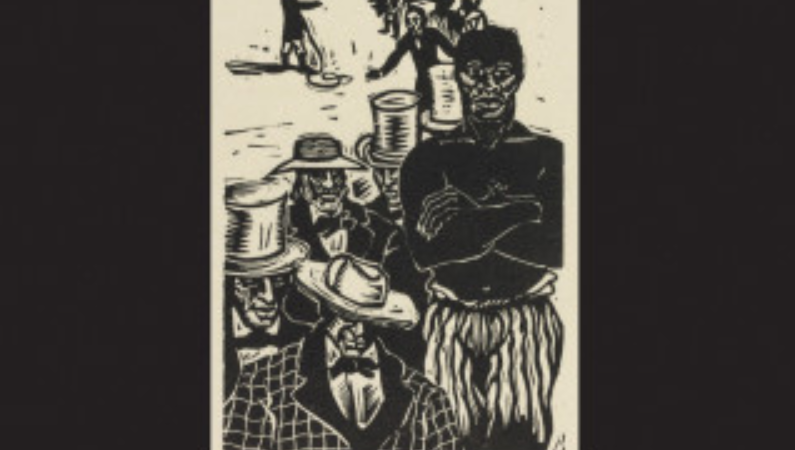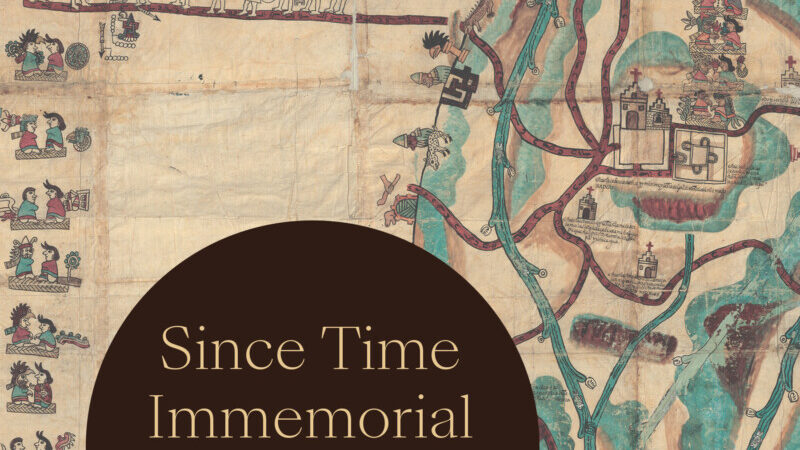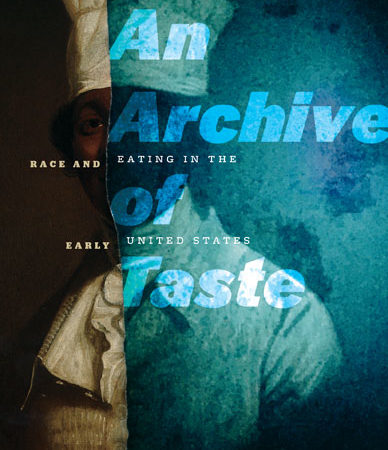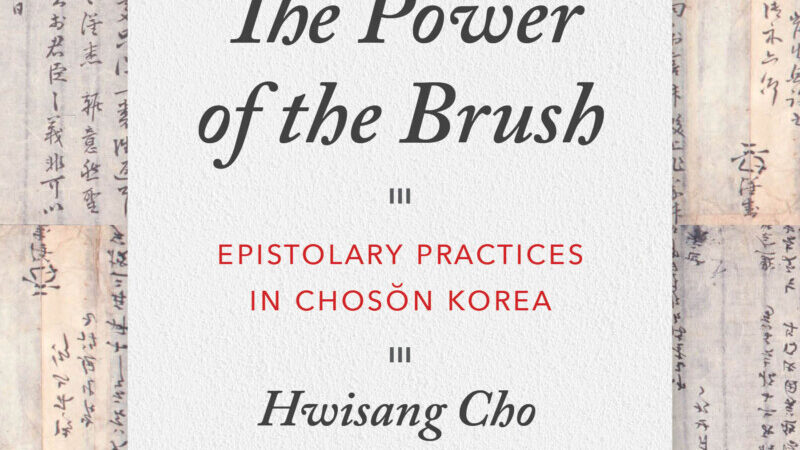Enslaved Archives: Slavery, Law, and the Production of the Past by Maria R. Montalvo Maria R. Montalvo is Assistant Professor in the Department of History. In Enslaved Archives, Maria R. Montalvo investigates the legal records, including contracts and court records, that American antebellum enslavers produced and preserved to illuminate enslavers’ capitalistic motivations for shaping the histories of […]
Enslaved Archives: Slavery, Law, and the Production of the Past by Yanna Yannakakis Yanna Yannakakis is Associate Professor in the Department of History. In Since Time Immemorial Yanna Yannakakis traces the invention of Native custom, a legal category that Indigenous litigants used in disputes over marriage, self-governance, land, and labor in colonial Mexico. She outlines […]
Hajj to the Heart: Sufi Journeys across the Indian Ocean by Scott Kugle Scott Kugle is Professor of South Asian and Islamic Studies in the Department of Middle Eastern and South Asian Studies. Against the sweeping backdrop of South Asian history, this is a story of journeys taken by sixteenth-century reformist Muslim scholars and Sufi mystics […]
An Archive of Taste: Race and Eating in the Early United States by Lauren F. Klein Lauren Klein is Winship Distinguished Research Professor of English and Quantitative Methods in the Departments of English and Quantitative Theory & Methods. There is no eating in the archive. This is not only a practical admonition to any would-be researcher […]
War, Memory, and National Identity in the Hebrew Bible by Jacob L. Wright Jacob L. Wright is Associate Professor of Hebrew Bible at the Candler School of Theology, and associate faculty member at the Center for the Study of Law and Religion. The Hebrew Bible is permeated with depictions of military conflicts that have profoundly shaped the […]
The Power of the Brush: Epistolary Practices in Chosŏn Korea by Hwisang Cho Hwisang Cho is Associate Professor of Korean Studies in the Department of Russian and East Asian Languages and Cultures. The invention of an easily learned Korean alphabet in the mid-fifteenth century sparked an “epistolary revolution” in the following century as letter writing became […]






Recent Comments